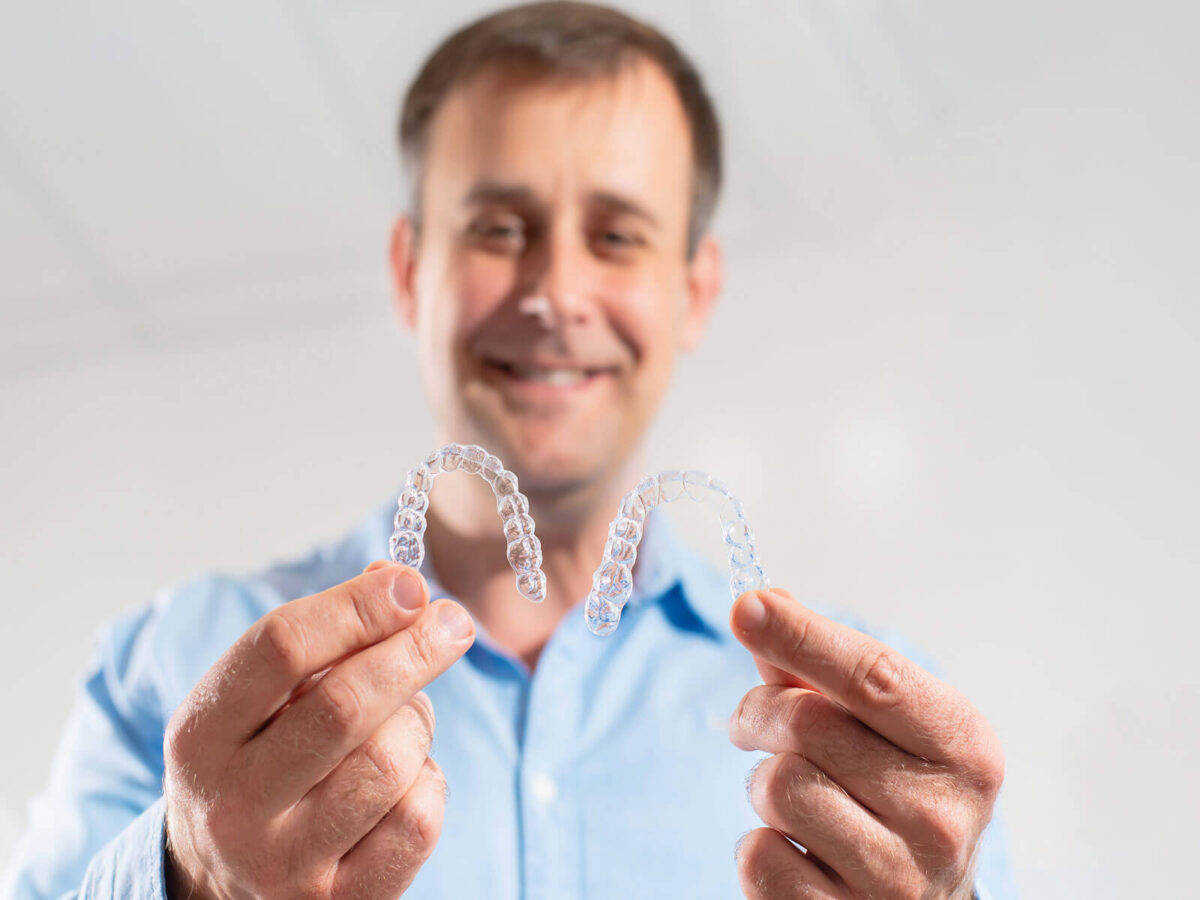Blog
Dental hygiene tips for healthy teeth & gums

A Comprehensive Guide for New Denture Wearers
Dentures offer a significant improvement for those experiencing tooth loss, enhancing not only the smile but overall quality of life. Adjusting to new dentures, whether partial or complete, can be a gradual journey, often taking a month or so for your gums to adapt comfortably.
Enhancing your oral health and boosting confidence are among the benefits of acquiring dentures. It’s important to give your gums time to get used to this change. For those embarking on the new journey with dentures, this blog provides valuable insights on navigating the initial phase.
Getting Accustomed to Dentures
Adapting to eating and speaking with new dentures requires patience. Despite the initial discomfort or unfamiliar feeling due to their snug fit, the adjustment period is crucial. Here’s what to keep in mind:
Wearing Your New Teeth
New dentures might initially feel tight or odd, but over time they become part of your routine. Avoid biting down hard on your dentures as it may misalign or damage them. Dentures should stay in place naturally with mouth movement, and practicing insertion and removal is beneficial.
In the beginning, your dentist might advise wearing them even while sleeping to pinpoint areas that need adjustment. Once fitted properly, it’s recommended to remove them at night, allowing your gums to rest and maintain healthy conditions for cleaning and natural stimulation.
Overcoming Common Issues
It’s not uncommon to face issues such as increased saliva production when you first get dentures. This typically subsides with time. If your dentures feel loose, give your mouth and tongue time to adjust. Should there be discomfort from pressure, your dentist can make necessary adjustments during check-ups for a better fit.
Eating with Dentures
Getting used to chewing with new dentures can be odd and uncomfortable initially. Starting with soft, finely sliced foods and chewing gently on both sides of the mouth helps. Avoid sticky and hard foods to prevent discomfort.
Speaking with Dentures
Practice makes perfect, and this is true for speaking with dentures as well. Reading aloud and repeating difficult-to-pronounce words can help you get used to speaking clearly with your new dentures. By the end of the first month, most speech issues should be resolved.
Embrace Your Enhanced Smile with Full Dentures!
Full dentures not only revitalize your smile but also resolve speech and eating difficulties. While they may present challenges like discomfort, inflammation, and increased saliva, these issues often diminish over time. Always consult with your dental care provider for advice, and ensure proper cleaning after each use to maintain your dentures in top condition.
